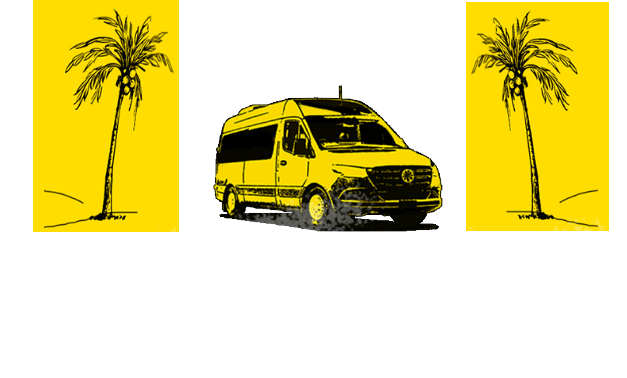It’s common knowledge that Senegal is a Francophone country. If you google “What’s the official language in Senegal”, French pops up. A total of 36 languages are spoken in Senegal (including French), but French isn’t the most widely spoken, it’s Wolof.
We took a trip to Sandaja market yesterday and I found it very interesting that we ran into more people who couldn’t speak French than those who could. We found ourselves asking quite often “Francais, Anglais?”. To which the reply was mostly “No, Wolof”. Even though we were in the market, we were all surprised when we figured that even with Tosin, our French maestro, communication was going to be a problem.

And it was not just the market. Random strangers on the street we asked for directions on our way to the market drew a blank when you tried to converse in French. “Wolof?” they’d ask and when we replied “no”, they’d wander off. Tosin’s theory is that it’s a literacy problem and I agree illiteracy is a problem that cuts across the whole West African region. But in a market like Sandaga and a city like Dakar, I found it perplexing that many people couldn’t hold conversations in French. It’s like walking into Balogun market in Lagos and finding out that 7 out of 10 people don’t speak English. Regardless of whether or not they got a formal education, they’ll be able to communicate in broken English and at least understand you when you speak. I imagine if Nigeria weren’t as diverse and let’s say 50% of the population were Yorubas and 80% could speak the language, there’d be no pressing need to learn English outside of formal education structures.

Fun fact: Stats say 40% of Senegalese people are natively Wolof. H
Today, we go to Goree Island to see the old slave houses and the point of no return.






 Previous post
Previous post Next post
Next post



